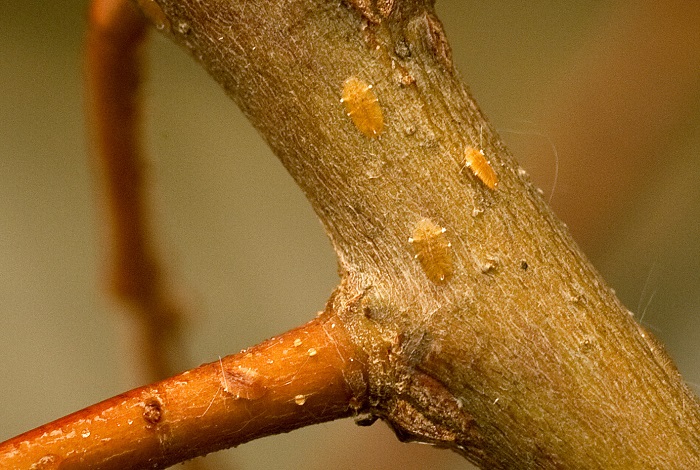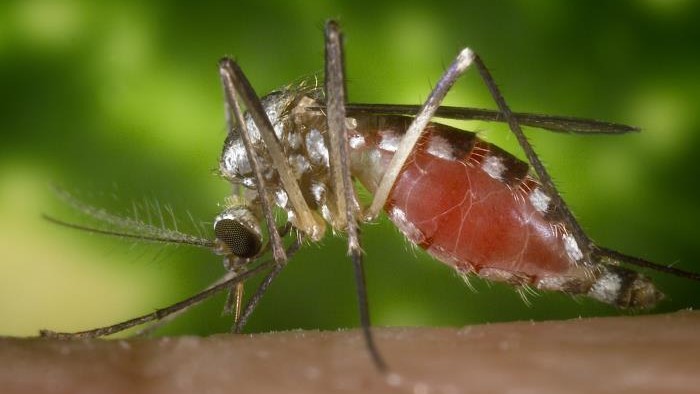Tree-Killing Insects Adapting to Warmer Cities

Bizarre-looking bugs known as scale insects may be tiny but they can take down an oak tree. Considered pests, the creatures tend to flock to cities where they weaken, and in some cases, kill trees by sucking out their sap.
A new study shows that scale insects are found in big numbers in populous regions because they have adapted to the heat of urban areas. The pests threaten to become a bigger problem as climate change drives temperatures up, researchers warn.
"We now have a better understanding of why trees in urban areas are infested by so many of these pests," study researcher Steve Frank, an assistant professor of entomology at North Carolina State University, said in a statement. "And if climate change causes temperatures to rise in forests, as we expect, we may see scale insects becoming a much bigger problem for ecosystem health."
Frank and his colleagues analyzed the Raleigh, N.C., populations of the oak lecanium scale insect (Parthenolecanium quercifex), which feeds exclusively on oaks. By looking at temperature maps of the city, the researchers found that the scale populations were as much as 800 percent higher in the warm zones.
The team then collected scale insect egg sacs from both hot and cool zones and incubated them in hot and cool greenhouses. In the hot greenhouse, the egg sacs from the warmest urban zones produced almost four times as many insects as the egg sacs from cooler urban zones.
To try to explain this trend, the researchers looked at the prevalence of parasites and the fertility rates among the insects from both hot and cold zones of the city, but they did not find any significant differences. The scientists concluded that the bugs have locally adapted in response to urban warming.
"The scale insects in the hotter urban zones appear to have adapted or acclimated to the higher temperatures in urban environments," study researcher Emily Meineke, a doctoral student at NC State, said in the statement. "Theoretically, that adaptation would also allow them to take advantage of warmer temperatures that may result from climate change."
Sign up for the Live Science daily newsletter now
Get the world’s most fascinating discoveries delivered straight to your inbox.
The urban heat island effect can make temperatures several degrees warmer in a city than its surrounding rural areas, as clusters of roads and buildings are very good absorbers of the sun's rays. Rising numbers of scale insects in cities could spell trouble for city trees, which can provide some environmental benefits like cooling through shade and carbon sequestration. And if global temperatures continue to rise, scale insects could spread outside cities and infest more rural trees, the researchers warn.
Their findings were detailed in a study published online last week in the journal PLOS ONE.
Follow Megan Gannon on Twitter and Google+. Follow us @livescience, Facebook & Google+. Original article on LiveScience.com.










